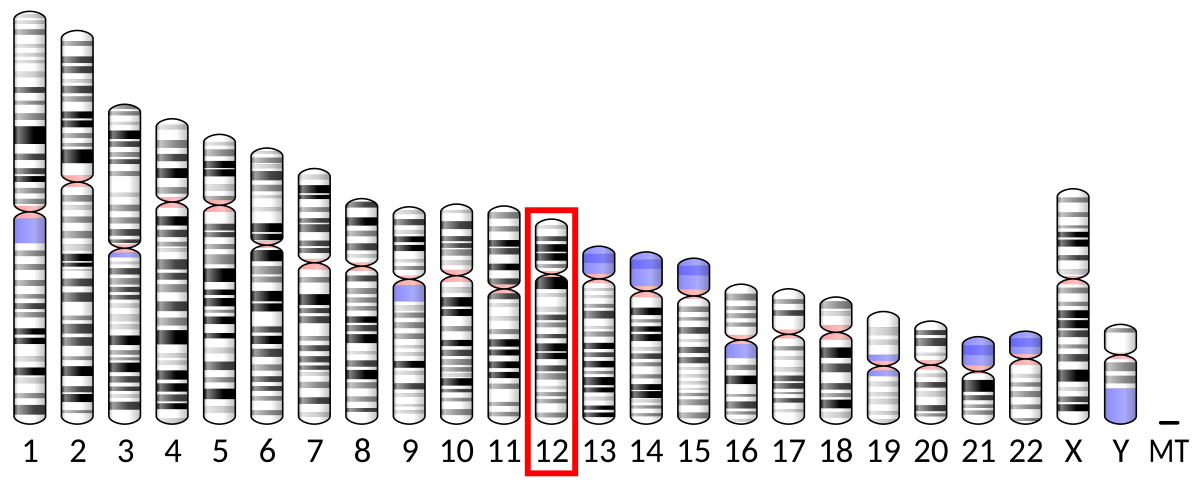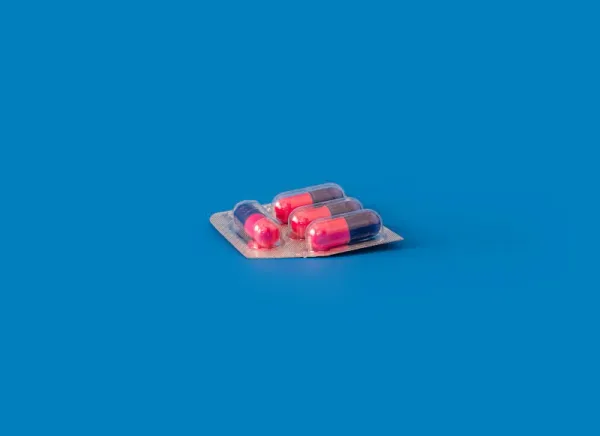Amylin, with and without GLP1: Eloralinitide
We dig into early results around Eloralinitide, an amylin-based weight loss formulation being developed by Eli Lilly.

As part of Eli Lilly's upcoming flurry of updates, one of their projects that is under way deserves a bigger spot light: Eloralinitide.
Eloralinitide isn't a GLP1 Receptor Agonist in it's own right – it's actually a drug meant to be taken alongside a GLP1 regimen, enhancing it's effects.
Check out our quick explainer
By the '-tide' name, we know that it's a peptide (similar to Retatrutide though Retatrutide is itself a GLP1 receptor agonist peptide).
What is Eloralinitide?
Eloralinitide is an analog to the naturally produced Amylin hormone:

To briefly summarize the key properties of Amylin:
- It's secreted at the same time as insulin
- Impacts the pancreas
- It helps control blood sugar
- It slows gastric emptying
- Increases fullness after meals
Amylin is actually another powerful force in the reduction of appetite after eating in the human body.
Want to read more on Eloralinitide and the related research?





